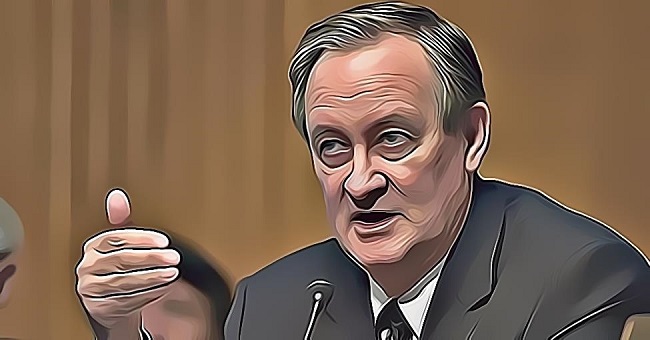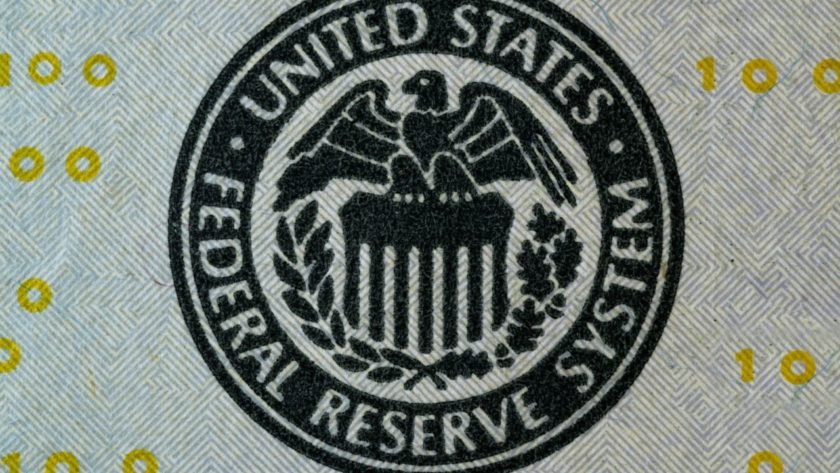The US has been leading the international effort to regulate and control Bitcoin (BTC)trade and other cryptocurrencies like it. A few of these regulators have also pushed for an outright ban on Bitcoin. However, after 10 years, the regulators might have finally accepted that Bitcoin is not going away anytime soon. This sentiment was conveyed in a hearing held by the U.S. Senate Committee on Banking, Housing and Urban Affairs.
In this hearing, Senate Banking Committee Chairman Mike Crapo shared his belief that the efforts of the United States to ban Bitcoin will not succeed. Crapo said:
“If the United States were to decide — and I’m not saying that it should — if the United States were to decide we don’t want cryptocurrency to happen in the United States and tried to ban it, I’m pretty confident we couldn’t succeed in doing that because this is a global innovation.”
In his opening statement, Senator Crapo argued that instead of trying to ban Bitcoin and resisting it, the US should take the leading role in fostering this innovation. He said that digital technology innovations are inevitable the US could benefit from adopting them instead of resisting change. The Senator went on:
“I believe that the U.S. should lead in developing these innovations and what the rules of the road should be.”
Crapo shined some positive light on Bitcoin and other digital assets. He suggested that with appropriate regulation and oversight “digital currencies and their innovative underlying technology could provide meaningful benefits.”
Regulating Bitcoin
Since its invention in 2009, Bitcoin has seen a lot of ups and downs. Its prices peaked towards the end of 2017, touching the $20,000 mark. However, in the next couple of months, Bitcoin saw nearly 2/3rd of its value shaved off. In mid 2019, Bitcoin has shown signs of another bull run that Bitcoin enthusiasts believe could take it well beyond the previous peak of $20,000.
This ominous change in the market has converted many hearts as everyone wants to ride the next Bitcoin tide. This situation has forced regulators to come out of denial and speed up their efforts to define standards for regulation for digital currencies so that those want to invest in them are still protected.
Bitcoin (BTC)trade has long been proclaimed as a complete sham by many lawmakers and economists across the globe, and governments of the world have been trying to ban or control Bitcoin for a long while. However, by design, Bitcoin resists the wishes of politicians and financial institutions.




